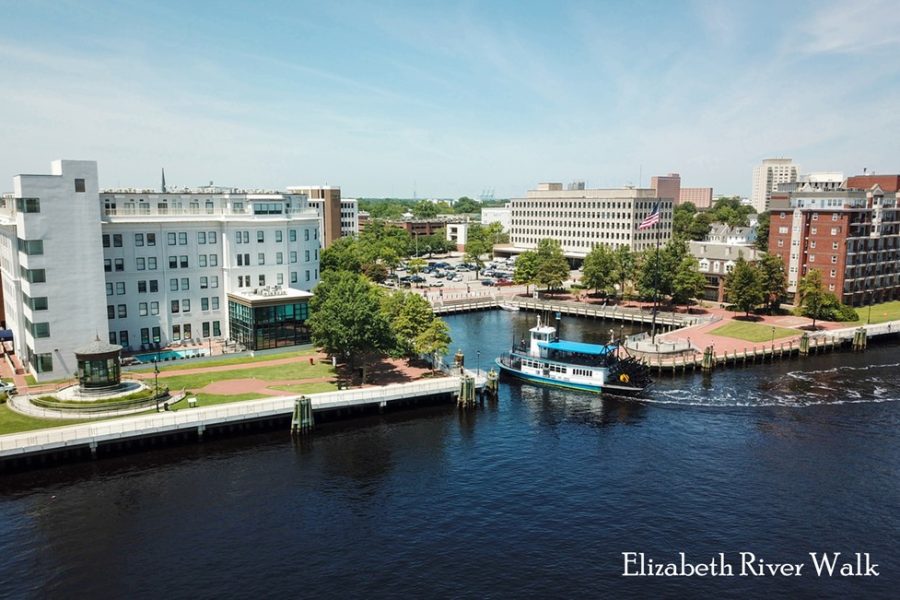
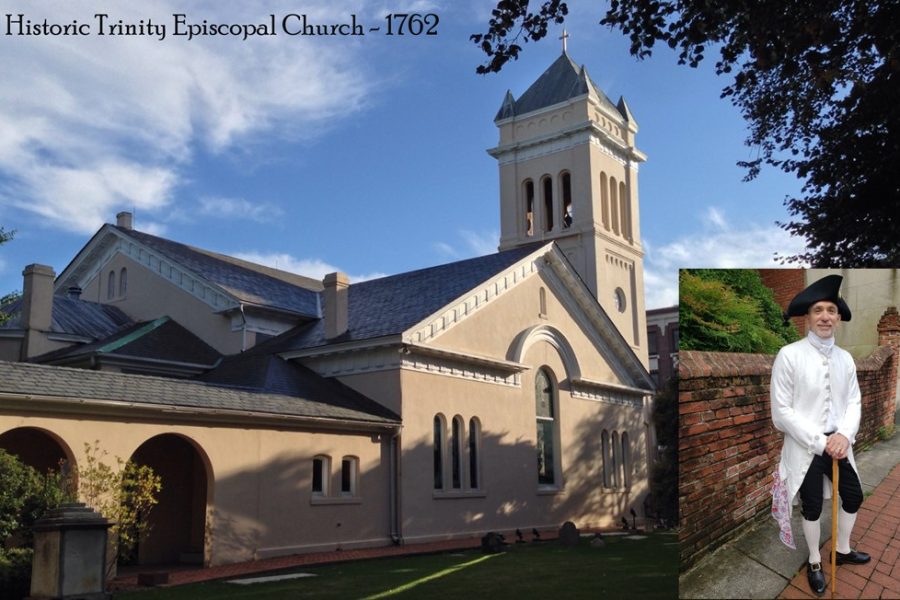

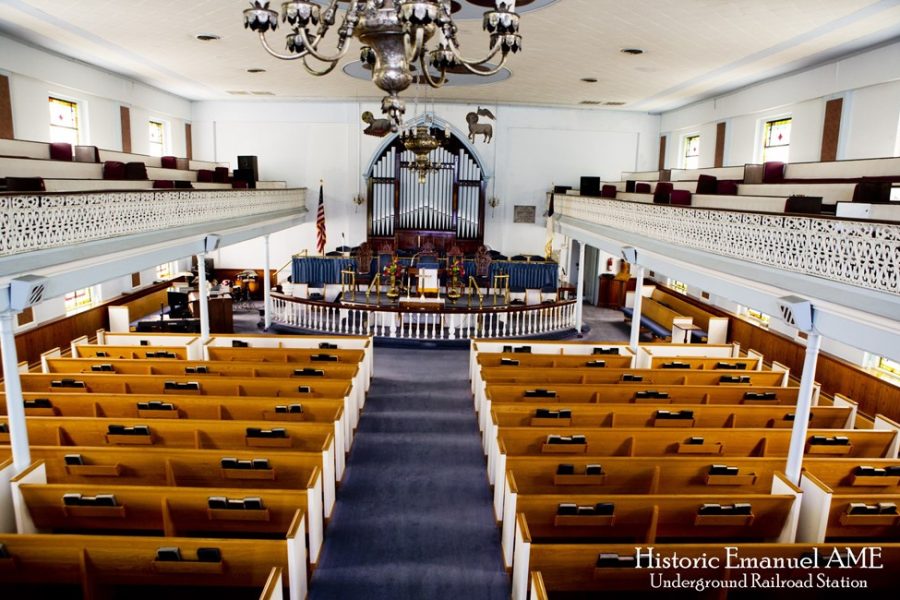
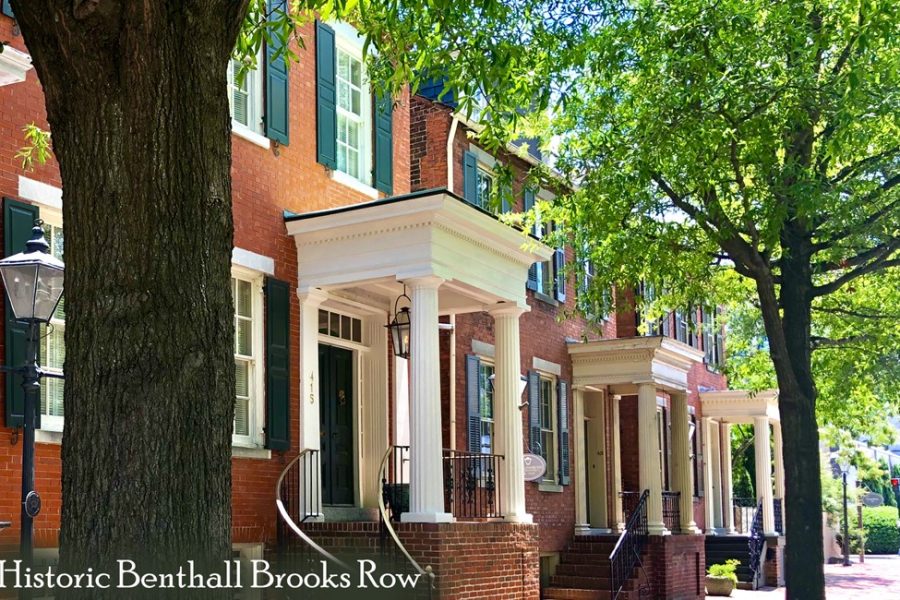
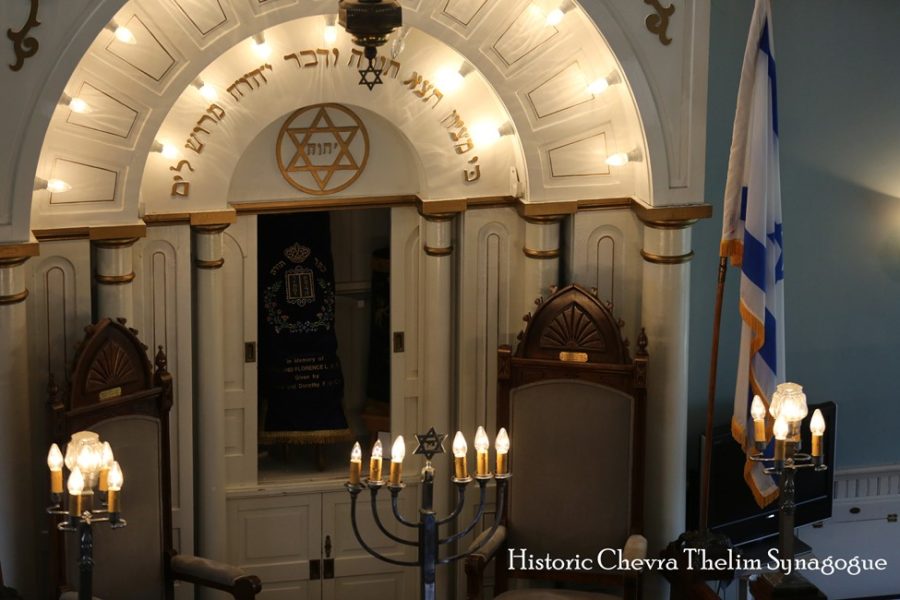

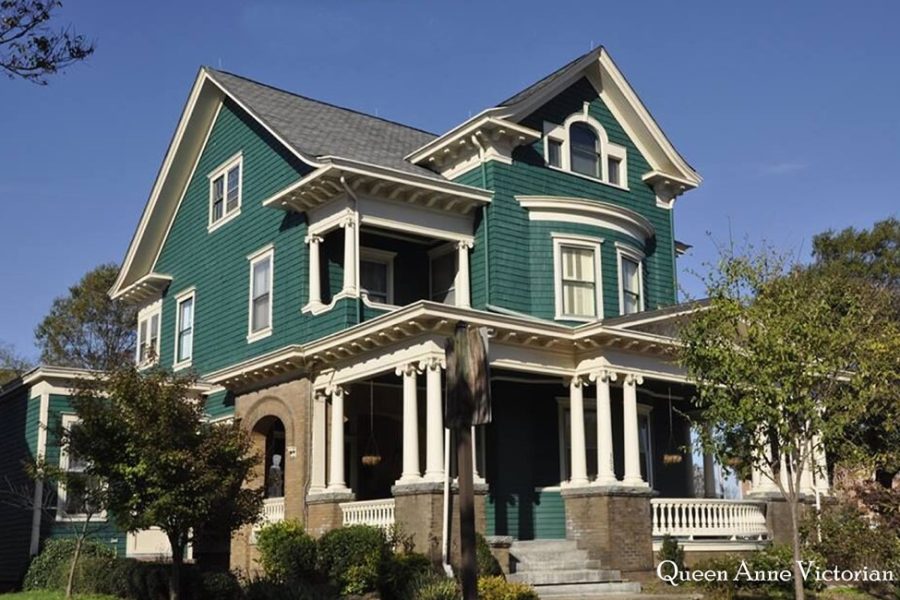
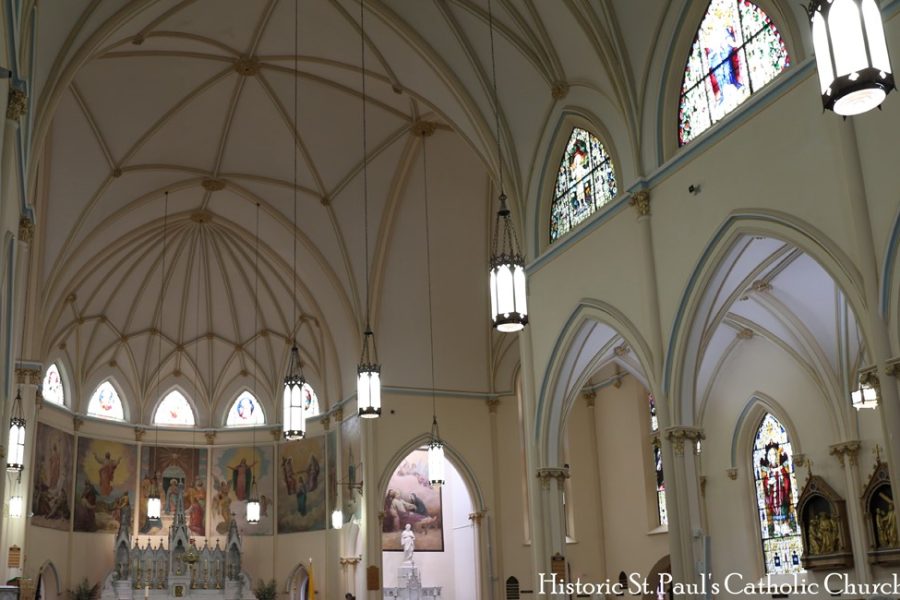
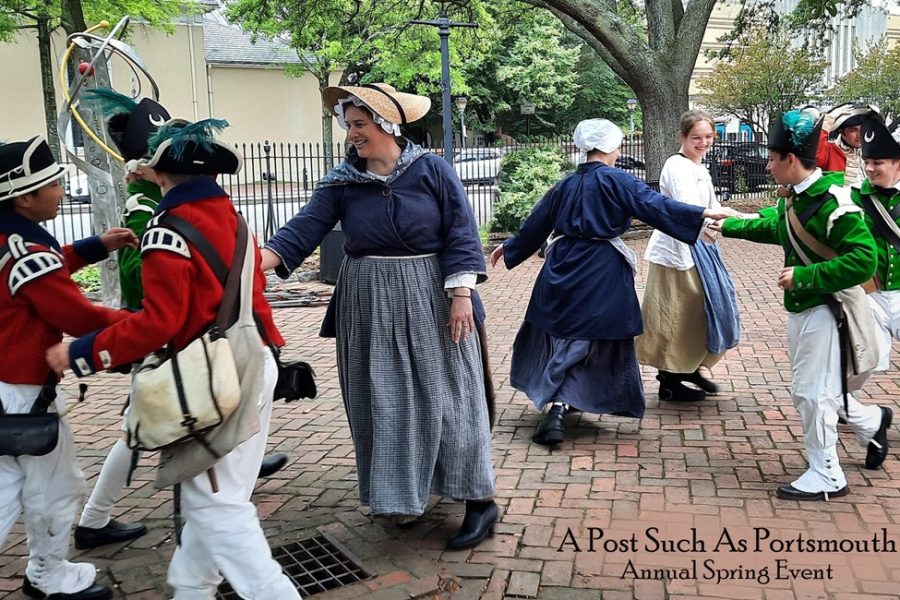
Portsmouth is a pedestrian history lover’s dream! A Coastal Virginia treasure, Portsmouth’s museums, walking tours, public art, assortment of quirky shops and eclectic, locally-owned restaurants are all located within a few square blocks. Portsmouth’s Olde Towne District boasts one of the largest collections of standing period architecture on the Eastern Seaboard. Its naturally deep harbor gives rise to a maritime community steeped in over 300 years of American history.
Colonial Era – 1675-1775
In Portsmouth, the road to American Independence consistently intersected with the road to individual freedom.
Shortly after Portsmouth’s indigenous peoples fought successfully against wealthy English planters to defend their lands, servants and the enslaved were lured by promised freedom to fight alongside those same planters in the ill-fated Bacon’s Rebellion.
William Carver was hanged for his role in that rebellion, forfeiting his land grant. Col. William Craford secured a portion of that land, set aside 65 acres, and petitioned the General Assembly to establish the town of Portsmouth. Scottish merchant Andrew Sprowle established Gosport Marine Yard there and was appointed Naval Agent to the Crown.
At the outset of colonial rebellion, fellow Scot and Virginia Governor Lord Dunmore headquartered his troops at Gosport. After offering freedom to those enslaved who were willing to fight for the loyalist cause, he assembled his Ethiopian Regiment there. Once again, the roads to American Independence and individual freedom converged.
Troops, including the Ethiopian Regiment, were sent from Portsmouth to quash resistance at Kemps Landing and Great Bridge. During these skirmishes, the British fought Portsmouth revolutionaries like William “Billy” Flora, a free black Portsmouth entrepreneur and “Hero of the Battle of Great Bridge.”
The slaughter of British troops at that short, pivotal battle led to Virginia’s last Royal Governor being driven from his post here. Tragically, the Ethiopian Regiment fled with Dunmore and died of smallpox at Gwynn’s Island, never fully enjoying their promised freedom. Still, Dunmore’s decree continued to draw the enslaved, and at war’s end, ships leaving Portsmouth would carry countless once-enslaved British soldiers to a life of freedom in Nova Scotia.
With the changing tide created by the Battle of Great Bridge, Portsmouth was soon a patriot stronghold. It’s crucial role in Virginia’s break with colonial rule marked the beginning of its strategic importance throughout the war for America’s independence.
Revolutionary War Era – 1776-1781
The year 1776 saw the burning of Norfolk, Dunmore’s retreat, and the building of Fort Nelson. With most of Norfolk in ashes, Portsmouth became the center of commerce on the Elizabeth River. In 1779, the British destroyed Fort Nelson and the Patriots retreated, burning the shipyard. That same year, General Washington granted enslaved men freedom in exchange for service in the Continental Army and once again, the struggle for American independence intersected with the quest for individual freedom.
In 1781, General Benedict Arnold’s troops marched into Portsmouth, and a seven-month occupation ensued. Enslaved Patriot hero James Fayette operated as a Patriot double agent here, infiltrating Arnold’s and then, Cornwallis’ headquarters. Fayette’s intel was instrumental in the British defeat at Yorktown. The bell at Portsmouth’s Trinity Episcopal Church was cracked ringing in that Patriot victory and its graveyard is the final resting place of many Portsmouth Revolutionary War veterans.
Since he never “bore arms”, James Fayette was not among the thousands of Loyalist and Patriot soldiers who won their personal freedom by war’s end. Fayette petitioned the General Assembly and was finally granted his freedom in 1787.
The war for American independence was over, but the struggle for the individual freedom of its citizens had just begun!
Post War – The Fight for Independence and Freedom Continues
When England threatened American independence in 1812, the Battle of Craney Island closed a choke point in the Elizabeth, preventing Fort Nelson from being captured. In 1827, the nation’s oldest and longest continually running naval hospital, (Naval Regional Medical Center Portsmouth) was erected at the Fort Nelson site.
On June 17, 1833, Portsmouth’s Gosport (now Norfolk Naval Shipyard) won its race with Boston Naval Shipyard to complete the Western Hemisphere’s first drydock. Built by skilled stone cutters, many of whom were enslaved and underpaid free blacks, Drydock Number One represents an important African American contribution to our nation’s maritime prowess. America’s position as an independent nation was secure, but the road to individual freedom and equality for all its people would be long – and it would run straight through Portsmouth!
While Portsmouth’s free black seaman sought equality on the waterways, many of Portsmouth’s enslaved, including George Teamoh found freedom on the Underground Railroad. During Reconstruction, Portsmouth voices continued to fight for equality. Teamoh returned here, and as a state senator focused on equal pay for shipyard workers. Soon after, Lithuanian Jewish immigrants recognized Portsmouth as a place to freely practice their rites and traditions. By the turn of the century, Ida Barbour was preparing Portsmouth’s African American youth to succeed in an unaccepting world.
The 20th century heard new Portsmouth voices crying out for individual freedom and equality: Jeffrey Wilson, Israel Charles Norcom, William Spong, Jr., and James W. Holley III. With its diverse population and the rich telling of its history, Portsmouth remains at the crossroads of American freedom and independence!
Attractions:
Historic Olde Towne (oldest home built in 1740s)
Guided & Self-Guided History Walking Tours
Elizabeth River Walk
Naval Shipyard Museum
Trinity Church Tour
Emanuel AME Church Tour
 250 Years of U.S. Navy Medicine
250 Years of U.S. Navy MedicineThis lecture is number three of a four-part speaker series from the Friends of the Naval Shipyard Museum. This lecture will focus on 250 Years of U.S.... Read More
 250 Years of Service to the U.S. Navy
250 Years of Service to the U.S. NavyThis lecture is the last lecture of a four-part speaker series from the Friends of the Naval Shipyard Museum. This lecture with talk about the 250 Yea... Read More
For more information, please contact:
Patrick Daughtry, Director of Major Gifts
(757) 936-0302 | pdaughtry@va250.org
Susan Nolan, Director of Institutional Giving
(757) 903-1060 | snolan@va250.org
You can see how this popup was set up in our step-by-step guide: https://wppopupmaker.com/guides/auto-opening-announcement-popups/